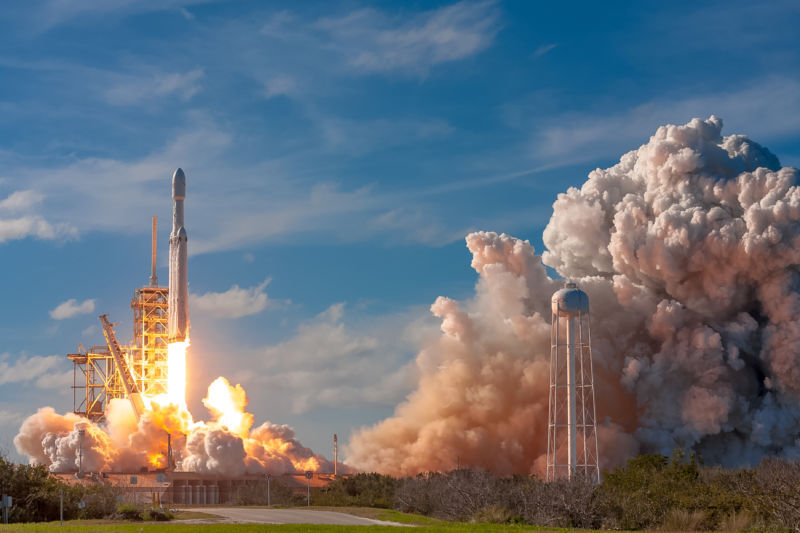Can’t Leave Your House? Why Not Leave the Planet?
Courtesy of Trevor Mahlmann, Ars Technica
Can’t Leave Your House? Why Not Leave the Planet?
November 11, 2020
With home isolation and travel bans, the yearning to escape reignites an international desire for space exploration, triggering an unofficial “Space Race” between the United States and China. In recent months, the media has portrayed that the two powerful nations are in a Cold War, referring to America’s Cold War against the Soviet Union and the competitive drive to advance space technology. The past seven months demonstrate both America and China’s longings to further explore space and their aggression towards the search for interstellar dominance, intelligence and investigation.
SpaceNews reported that Republican House members released a China Task Force Report exhibiting China’s plans of “developing a space station and a human lunar mission.”
This caused concern, urging House members to push for more space exploration funding, as they should. Similar to during the United States’ Cold War against the Soviet Union, House members argued the Chinese Communist Party is expanding its influence into space and the United States must surpass these efforts. In the meantime, China develops plans for sending people to the moon and exploring the solar system.
With this in mind, it is important to mention recent American interstellar achievements, such as an American sharing the Nobel Prize in Physics with British and German scientists. According to The Wall Street Journal, British scientist Roger Penrose verified the existence of black holes, and American Andrea Ghez and German Reinhard Genzel individually discovered a black hole in our very own Milky Way galaxy. These achievements signify a continuing desire to learn about outer space, a surprisingly more accessible experience than international travel.
According to NASA, scientists blueprinted a timeline presenting future missions, including the deployment of rovers to Mars and humans to the moon in the upcoming years, showing that quarantine has not prevented them from developing ambitious exploration plans. The subsequent steps include funding and executing these programs, which require the approval of the public and the national government. While preventing the spread of the Communist Party is critical to American national security, the push for space exploration should focus on the advancement and progression of knowledge for the American people. When countries ban international travel, one thing people can anticipate is interstellar travel and its ability to uplift the nation.
As American scientists research and discover more about space, they require more support and funding for their missions emphasizing space travel and data collection of other moons, planets and solar systems. There is no human aspiration more ancient – nor revered by more cultures – than understanding space. Americans should bolster the argument for increased funding of space exploration programs for the sake of the public’s well being, especially in a time when most Americans are desperate for excitement.








